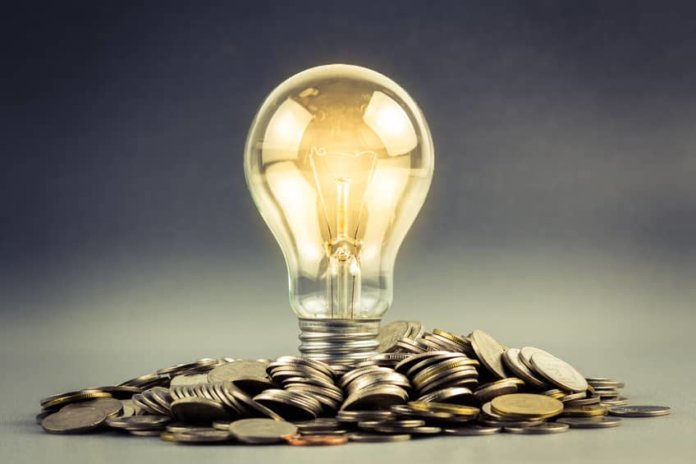Gov. Jay Inslee, D-Wash., has announced $12.6 million in state Clean Energy Fund grants to five utilities in Washington.
“With these awards, our leading utilities will demonstrate how to integrate battery storage with solar energy and stand-alone energy systems, train the workforce to build and maintain these systems, and lead the industry into the clean energy future,” says Inslee.
The grants will fund projects proposed by Avista, Seattle City Light, Orcas Power & Light, the Snohomish County Public Utility District (PUD) and Energy Northwest. The utilities and their partners will match the state funding at a minimum ratio of 1 to 1.
Seattle City Light will use its grant to help develop a microgrid, which will include a utility-scale battery system, solar panels and emergency generators located at a designated emergency shelter, such as a community center. During normal operations, the solar panels will charge the batteries and provide some of the power to operate the building. When the solar panels are not generating, the batteries can back up the delivery of electricity from Seattle City Light’s distribution grid or, during periods of high demand, could be used to reduce the amount of energy the utility has to purchase to meet customer needs, holding down costs for all its customer-owners. After a storm, earthquake or other emergency, the solar panels, emergency generators and battery system can power a portion of the building even if damage to the distribution grid causes outages in the surrounding area.
“Microgrids show promise for providing backup power during outages, increasing our community’s resiliency after a disaster and making it easier to integrate renewable energy resources, such as solar and wind,” comments Larry Weis, Seattle City Light’s general manager and CEO.
The specific location for the micorgrid has yet to be determined, but the utility says it intends to build the project where it can support more vulnerable members of the community in times of crisis.
Meanwhile, the Snohomish PUD will use its funding for a project to demonstrate energy storage, a microgrid system, small-scale renewable energy and an electric “vehicle to grid” system. The utility says the project will show how all of these technologies can work together to improve grid resiliency, disaster recovery and renewable energy integration. Design and construction is scheduled for the 2017-2019 timeframe.
The Arlington Microgrid and Clean Energy Technology Center also will include a visitor center to educate students, teachers and the community about these emerging energy technologies. The PUD will partner with both the public and private sectors, as well as academia, to use the facility as a demonstration and learning tool for a variety of stakeholders.
“This vital support from the state allows us to better demonstrate how microgrids are the logical next step in integrating renewable energy and energy storage into the electrical grid, while driving ever increasing levels of resiliency and reliability,” says PUD CEO and General Manager Craig Collar. “It’s another example of how Washington has emerged as a leader in these important areas.”
Avista will pilot a “shared energy economy” model that allows various energy assets – from solar panels and battery storage to traditional utility assets – to be shared for multiple purposes, including system efficiency and grid resiliency. It will demonstrate how the consumer and utility can each benefit.
“We know the future will look different as new technologies continue to change the energy landscape. Today, customers are buying, installing and using distributed energy resources, and actually participating in the grid,” says Heather Rosentrater, Avista vice president of energy delivery. “We are committed to ensuring our system will be flexible enough to meet the changing expectations and future needs of consumers.”
Orcas Power & Light will deploy a community solar system to extend the life of the island’s underwater electricity supply cable, and Energy Northwest will bring together its 28 utilities with labor leaders at IBEW Local 77, Quanta Services/Potelco and the UW Clean Energy Institute to create a battery and solar competency training facility in the Tri-Cities. This facility will aim to prepare workers for clean energy jobs of the future.




